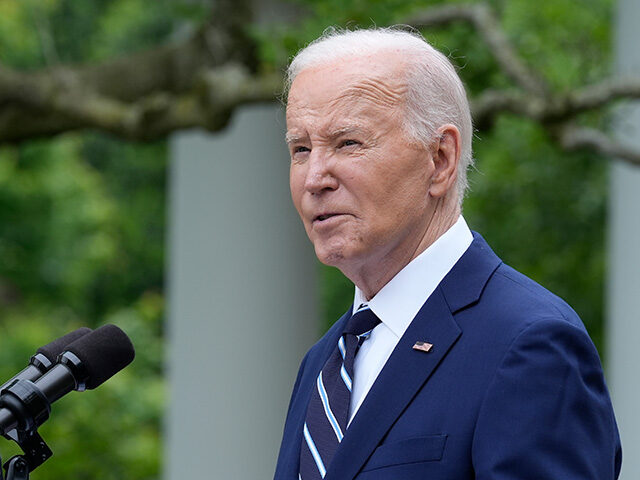Americans are bracing for a cruel summer as consumer sentiment takes a significant hit, driven the impression that we cannot shake off persistent inflation and the view that the economy is not out of the woods.
The University of Michigan’s consumer sentiment index fell to 69.1 in May, a sharp decline from 77.2 in April, marking the lowest reading in five months.
Despite beating the preliminary estimate of 67.4, the final reading for May represents a significant decline from the previous month.
Expectations for inflation have edged up, with Americans now predicting a 3.3 percent increase over the next year, up from 3.2 percent in April. This is still lower than the preliminary reading of 3.5 percent, but the trend is unsettling for both consumers and policymakers.
Joanne Hsu, director of consumer surveys at the University of Michigan, highlighted the growing pessimism.
“These deteriorating expectations suggest that multiple factors pose downside risk for consumer spending,” she noted.
Concerns are mounting among consumers about the labor market, with expectations of rising unemployment rates and slowing income growth, further intensified by the potential for higher interest rates.
This concern is reflected in the gauge of expectations for the next six months, which dropped to 68.8 from 76. The gauge of current conditions fell to 69.6 from 79.
The broader picture shows a nation beaten down by stubborn inflation. On Thursday, surveys of business executives from S&P Global showed that inflation was surging even in the goods sector, suggesting that higher overall inflation may be on the way.
Federal Reserve officials say they closely monitoring developments in the economy and data about labor markets and prices, hoping for an economic cool-down to ease inflation pressures. Although data on the housing market, hiring, job openings, and retail sales all indicated some moderation in April, more recent data suggests an acceleration in May. Jobless claims have plunged and the S&P Global survey indicated the fastest economic growth in two years.
Despite the current gloom, Hsu pointed out that consumer sentiment is still almost 20 percent higher than a year ago and 40 percent above the all-time low reached in June 2022. This indicates some recovery as inflationary pressures gradually ease.
The sharp drop in consumer sentiment and rising inflation expectations are bad news for President Biden’s re-election hopes. Bad blood has developed between the American public and Biden, as most Americans disapprove of the president’s handling of economic issues, particularly inflation. Biden has repeatedly predicted inflation would fade, only to be proven wrong by rising prices. The president has also attempted to shift blame for rising prices to corporate greed, although there’s no evidence for this and most economists disagree.
In recent weeks, Biden has falsely claimed more than once that inflation was already at nine percent when he took office. In fact, it was 1.4 percent at the start of his presidency and only rose to nine percent after 18 months of his occupation of the White House.

COMMENTS
Please let us know if you're having issues with commenting.